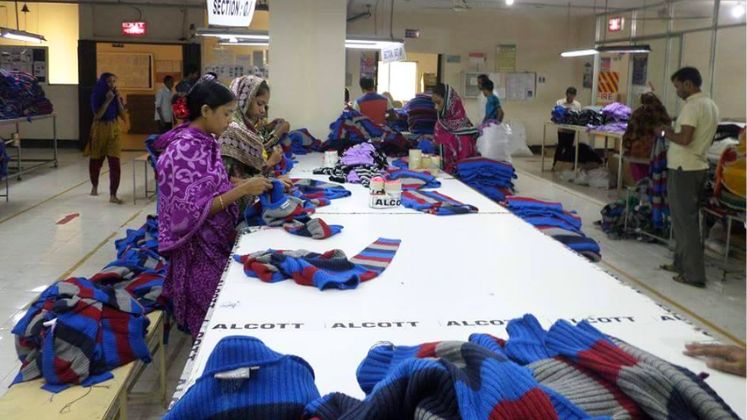
Shareholders of Nurani Dyeing & Sweater Ltd are facing mounting frustrations as the company’s factory has remained closed for several years, leaving them without dividends or any sign of recovery.
The Dhaka Stock Exchange (DSE) confirmed the shutdown after a site visit on 21st July, reporting that the listed firm has not resumed production since it suspended operations amid financial troubles.
Once seen as a promising textile exporter when it joined the bourse in 2018, Nurani has since struggled to stay afloat. Just two years after its listing, the company shut down operations, weighed down by mounting debts and allegations of financial irregularities. Eventually, it was declared a loan defaulter at multiple banks.
For investors who bought shares with the hope of steady dividends, the prolonged closure has been a rude shock. Nurani last paid a 2% cash dividend in 2018 and issued stock dividends in the following two fiscal years, but nothing since. Yesterday, its shares traded at Tk 2.80, far below its listing price, reflecting the collapse in investor confidence.
The frustration is worsened by poor disclosure practices. Although regulators require listed firms to provide the company secretary’s contact details on the DSE website, Nurani has not complied, making it difficult for stakeholders to communicate with the management.
Market insiders note that the company’s silence and lack of financial transparency have left investors in the dark. With no updates on attempts to resolve its banking defaults or restart operations, shareholders fear their investments may never recover.
Stock market watchers argue that stronger governance and timely financial reporting could have provided investors with early warning signals. “The real problem is the absence of transparency,” said investor Al Mahmud Shujon, who exited another troubled company last year at a personal loss. “If companies revealed their financial health properly, investors could make informed decisions before it is too late.”
While investors remain stuck with falling share prices, they are urging regulators to tighten monitoring of non-performing listed companies and take proactive measures to ensure shareholder protection.
For now, Nurani’s fate remains uncertain. Without a turnaround plan or fresh financing to restart operations, shareholders fear the company could remain dormant indefinitely, leaving them with little more than paper losses.






